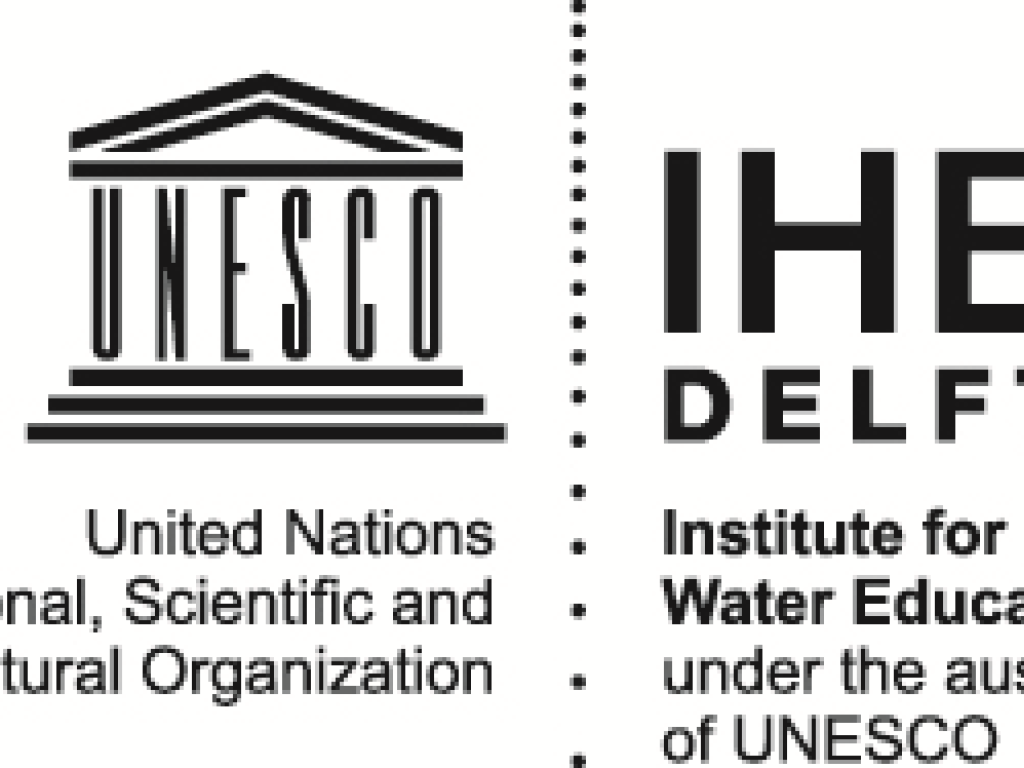The IHE-Delft ‘Slum Drainage’ lectures

The Bill & Melinda Gates Foundation (BMGF) supports many activities designed to help people living in developing countries. Since 2019, they have been funding a one-year Master of Science Programme in Sanitation at the IHE Delft Institute for Water Education. Situated in Delft, the Netherlands, this postgraduate university is the largest international graduate water education facility in the world having trained more than 23,000 water professionals from more than 190 countries. The Sanitation Programme is focused on providing solutions for developing countries and countries in transition. The class size is typically around 20 per year – and is a combination of ‘pure’ students and professional lecturers from around the world hoping to present the programme at their own institution in the future (it is a condition of the BMGF grant that there is no copyright on the material) who participate in the IHE-Delft programme as students to give them insight as to how the programme works. Most students are fully funded through the BMGF or other international donors.
Prof Neil Armstrong is one of the international guest lecturers on the Sanitation Programme. Every year he presents three days of lectures on ‘Slum Drainage’. This year the 'slum drainage' sub module took place remotely on 27 – 29 January 2021. The sub-module covers the areas below with focus on the practical i.e., how to do things, rather than the theoretical.
- Flow pathing – how to figure out the direction water will flow under gravity through an informal settlement.
- Hydrology – a very simple way of estimating typical flood flows at any point withing an informal settlement.
- Hydraulics – the sizing of simple channel types (rectangular, trapezoidal, wedge, semi-circle) for flood flow.
- Stormwater Drainage – how to develop a stormwater drainage plan in an informal settlement.
- Greywater – how to manage greywater in an informal settlement.
- Alternative Sewerage – an introduction to simplified and settled sewerage which are more appropriate than conventional sewerage for low-income settlements.
- Litter Management – how to manage catchment litter (trash, rubbish) in an urban setting.